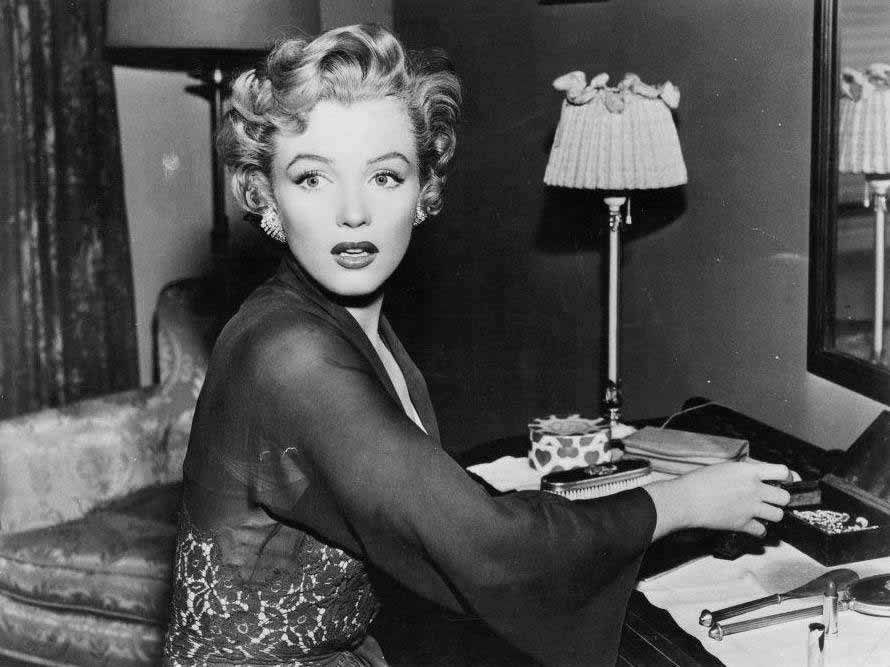Norma Jean Baker aka Marilyn Monroe longed to be taken seriously as an actress and would love to have been an intellectual. While she had incredible native intelligence she was too undisciplined to achieve much in the literary sphere. This was not entirely her fault but due to her emotional instability, which was no doubt the result of a heartbreaking childhood. However, all one has to do is watch those who try to imitate her to see what a talented actress she actually was. From The Paris Review:
Marilyn’s poems are, as the book’s title indicates, mostly fragmentary. Rarely (if ever) did a first draft become a second, but themes and motifs recur as though being reworked. They were written in notebooks and on scrap paper alongside lines of dialogue from her films, song titles, lists, outpourings of anxiety, and accounts of both real events and dreams. Sometimes lines that read like poems actually aren’t, as with some of the notes made during her years spent in psychoanalysis and in classes with Lee Strasberg, a controversial proponent of the “Method,” a technique that demands actors dig deep into their emotions and memories in order to fully inhabit their roles. Some of Marilyn’s pages are tidily penned, starting precisely at the red vertical margin, but often the poems and notes range across or even around the page, with words crossed out and sentences connected by arrows. Because the lines often end where the paper does, it’s not always obvious where they break, or whether they should break at all. According to Norman Rosten, a poet who became better known for being a friend of hers, “She had the instinct and reflexes of the poet, but she lacked the control.”Share
Marilyn left high school when she married her first husband and, aside from a continuing-education course in literature at UCLA, never had further formal education. But she was a committed if haphazard autodidact, going to a now-defunct bookstore in Los Angeles to leaf through and buy whatever books interested her (Rilke’s Letters to a Young Poet, for instance). Although the playwright Arthur Miller, her third husband, claimed she never finished anything “with the possible exception of Colette’s Chéri and a few short stories,” others contradict this. She professed a love for The Brothers Karamazov and a wish to play its central female character, Grushenka. Her library contained more than four hundred books, including verse collections by D. H. Lawrence, Emily Dickinson, and Yuan Mei, and an anthology of African American poetry.
Insecure about her lack of formal education, Marilyn nonetheless resented being seen as stupid. She complained that some of Miller’s intellectual friends “treated me like a dull little sex object with no brains and talked to me like a high school principal with a backward student.” I am inclined to think she did read rather more than they thought, if only because her writings suggest an attunement to poetry that goes beyond instinct—that can only be learned by listening, so to speak. Yes, her choice of line often seems naïve, her images are sometimes clichéd, but in places something flares, that strangeness I associate with poetry that feels open rather than finished before it begins. It is the kind of poetry that risks failing to go anywhere at all but, when it succeeds, surprises the reader, and the poet, too. (Read more.)


















No comments:
Post a Comment